Tehran rejects nuclear program proposals
Iranian negotiators on Thursday rejected proposals by six world powers to curb Tehran's nuclear program.
Thursday, 24.05.2012.
16:39

Iranian negotiators on Thursday rejected proposals by six world powers to curb Tehran's nuclear program. Tehran also demanded answers to its own counteroffer meant to alleviate concerns about Iran's ability to build atomic weapons. Tehran rejects nuclear program proposals The stance underscored the difficulties facing the nuclear talks as both sides stake out their terms and agendas for a second day in the Iraqi capital, Baghdad. The P5-plus-1 group consists of five permanent Security Council members – U.S., Russia, China, Great Britain plus Germany. Still, the negotiators claim that the talks have not hit a dead-end. The talks are expected to wrap up later on Thursday. Iran's top nuclear negotiator demanded an overhaul to the plan put forward by the world powers after the Baghdad talks began on Wednesday. An Iranian diplomat involved in the discussions said the package falls far short of a compromise, the AP has reported. The negotiations in Baghdad started a little over a month after negotiations in Istanbul. The talks are aimed at easing the tensions regarding the Iranian nuclear program issue which has been burdening relations between Tehran and a large part of the international community for years. The P5-plus-1 group representatives said on Wednesday that they had presented “interesting” proposals to Tehran in order to reach an agreement on the country’s disputable nuclear program. “I will not reveal details of the agreement but what we put on the table was interesting to Iran,” EU High Representative for Foreign Affairs Catherine Ashton's Spokesman Michael Mann said. The Iranian delegation presented a counter-proposal – a five-point document which they said was based on “the Treaty on the Non-Proliferation of Nuclear Weapons, on the principle of gradual solving of the problem and reciprocity adopted in Istanbul”. Tehran claims that its nuclear program is used solely for peaceful purposes while many countries believe that Iran is in fact developing nuclear weapons. Israel feels threatened by Iran’s actions and has not ruled out a possibility of a military strike. A view of a nuclear power plant in Iran (Beta, file) Beta
Tehran rejects nuclear program proposals
The stance underscored the difficulties facing the nuclear talks as both sides stake out their terms and agendas for a second day in the Iraqi capital, Baghdad.The P5-plus-1 group consists of five permanent Security Council members – U.S., Russia, China, Great Britain plus Germany.
Still, the negotiators claim that the talks have not hit a dead-end. The talks are expected to wrap up later on Thursday.
Iran's top nuclear negotiator demanded an overhaul to the plan put forward by the world powers after the Baghdad talks began on Wednesday. An Iranian diplomat involved in the discussions said the package falls far short of a compromise, the AP has reported.
The negotiations in Baghdad started a little over a month after negotiations in Istanbul. The talks are aimed at easing the tensions regarding the Iranian nuclear program issue which has been burdening relations between Tehran and a large part of the international community for years.
The P5-plus-1 group representatives said on Wednesday that they had presented “interesting” proposals to Tehran in order to reach an agreement on the country’s disputable nuclear program.
“I will not reveal details of the agreement but what we put on the table was interesting to Iran,” EU High Representative for Foreign Affairs Catherine Ashton's Spokesman Michael Mann said.
The Iranian delegation presented a counter-proposal – a five-point document which they said was based on “the Treaty on the Non-Proliferation of Nuclear Weapons, on the principle of gradual solving of the problem and reciprocity adopted in Istanbul”.
Tehran claims that its nuclear program is used solely for peaceful purposes while many countries believe that Iran is in fact developing nuclear weapons.
Israel feels threatened by Iran’s actions and has not ruled out a possibility of a military strike.



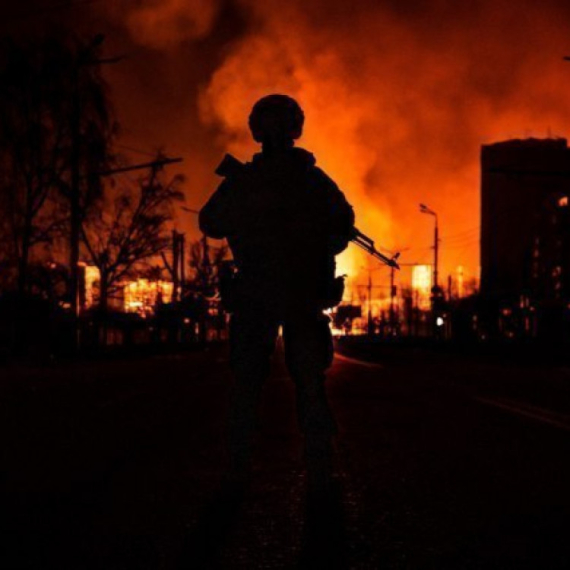
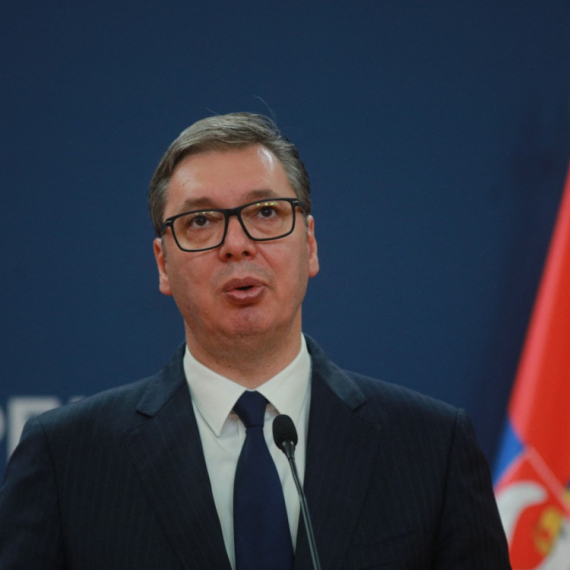

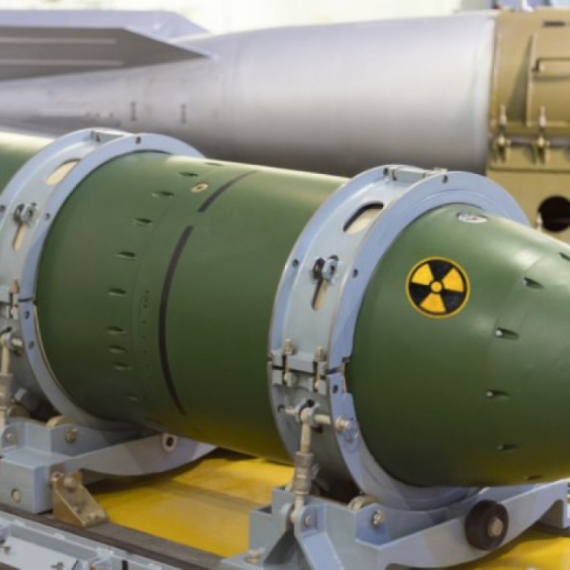




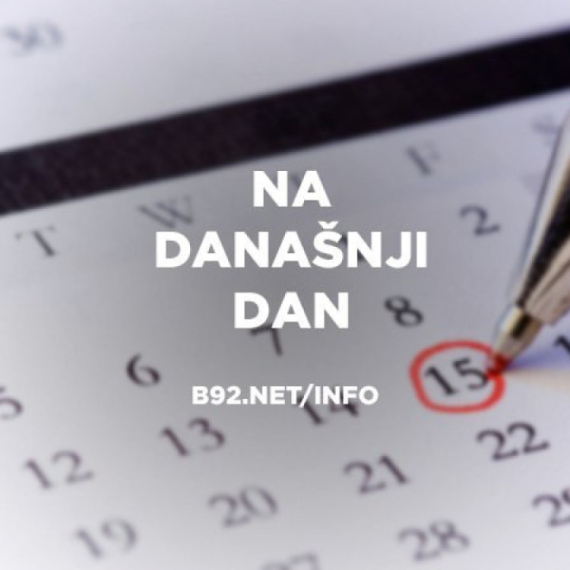

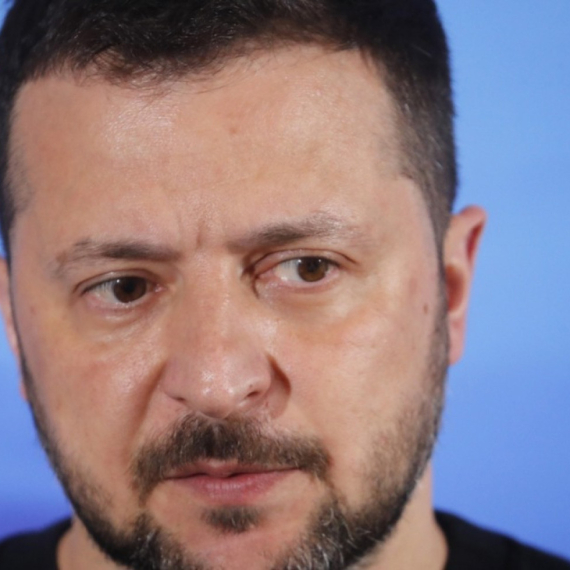

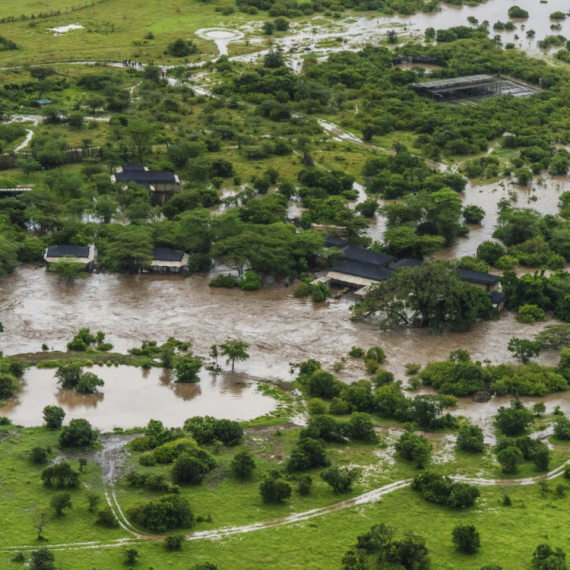
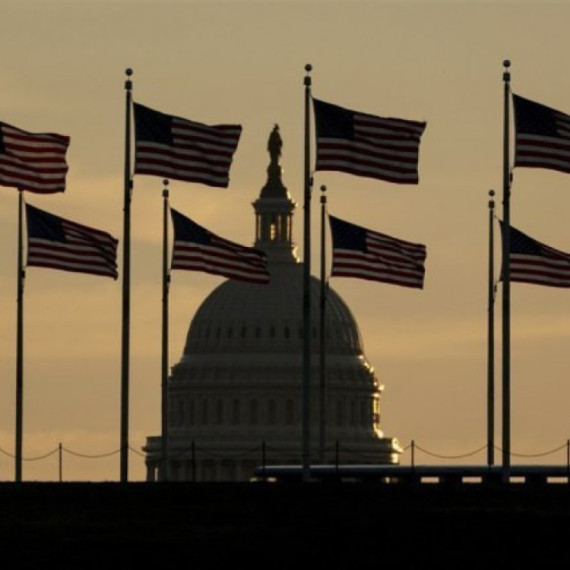

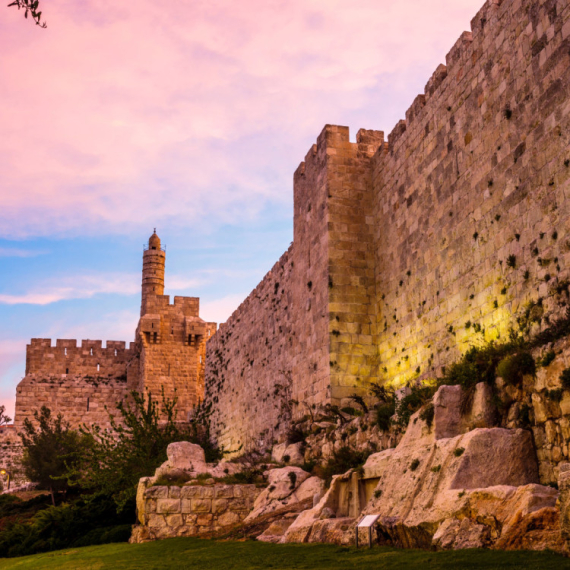


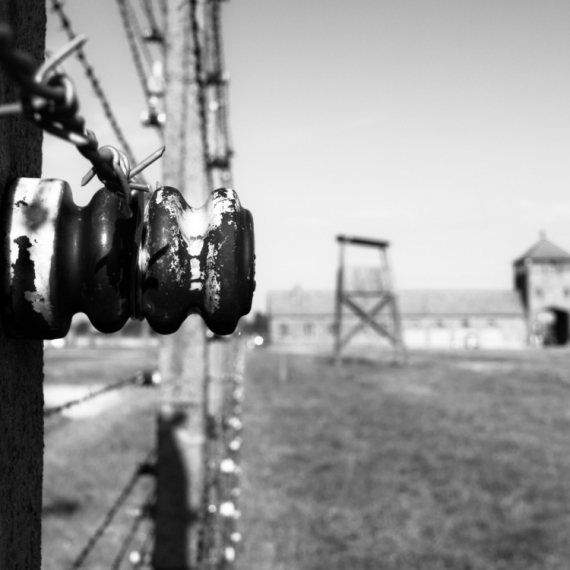






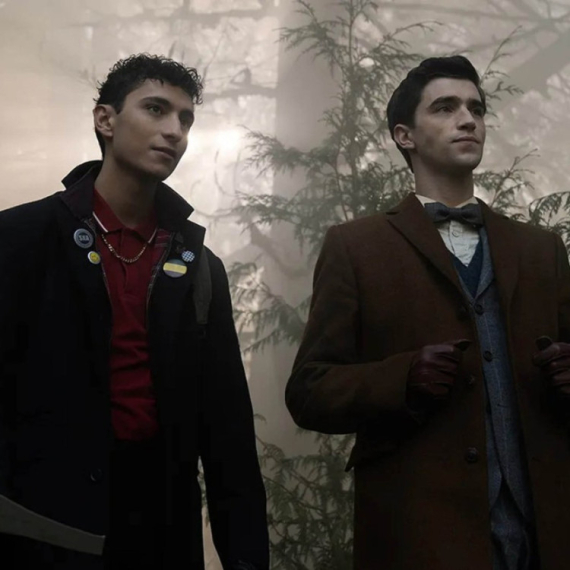














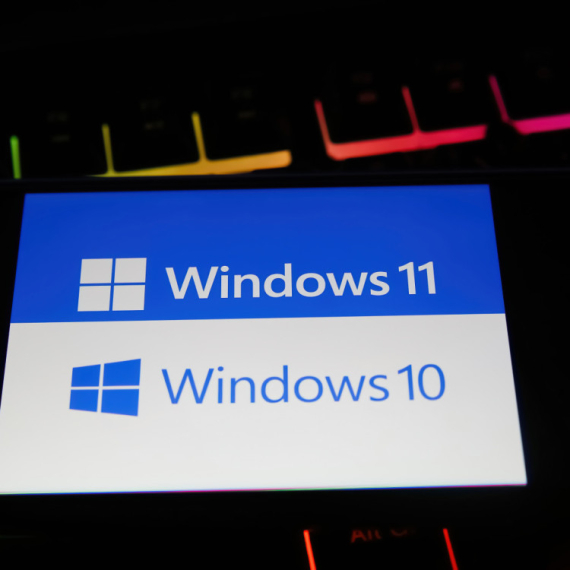




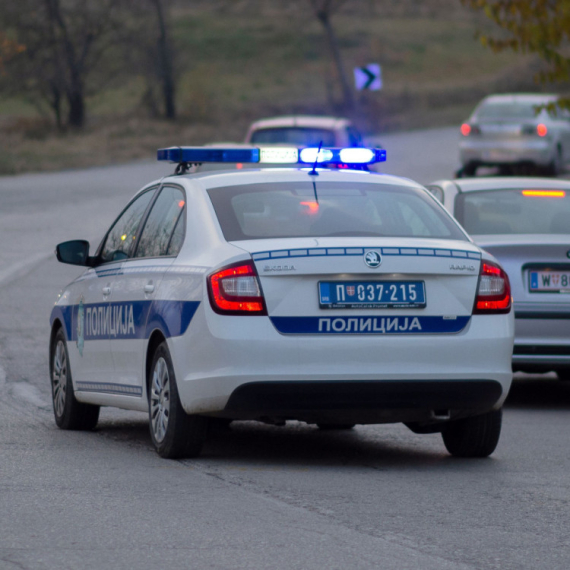



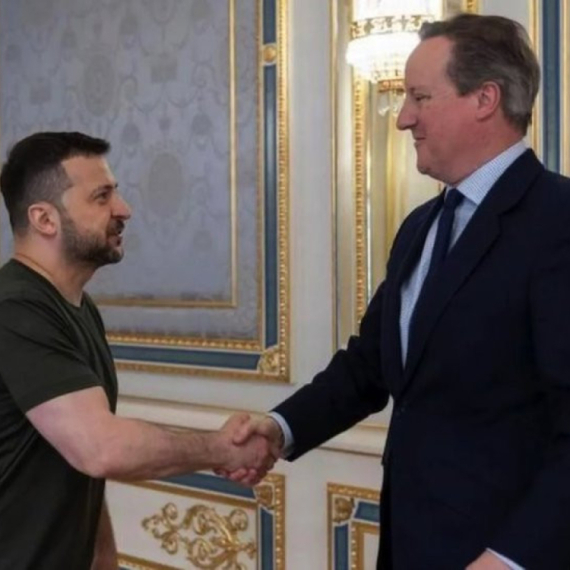
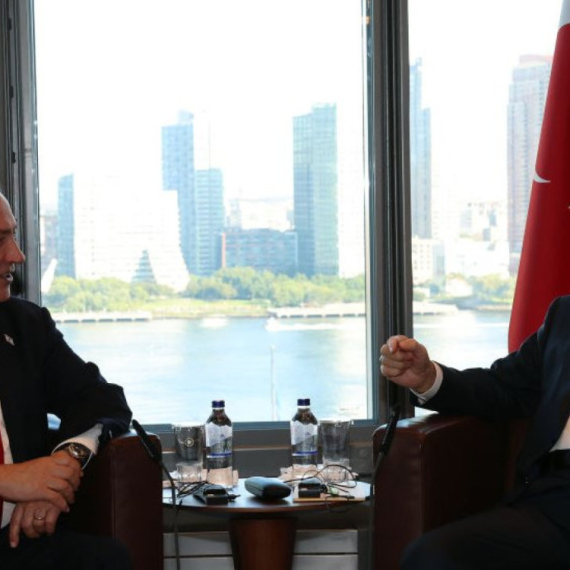
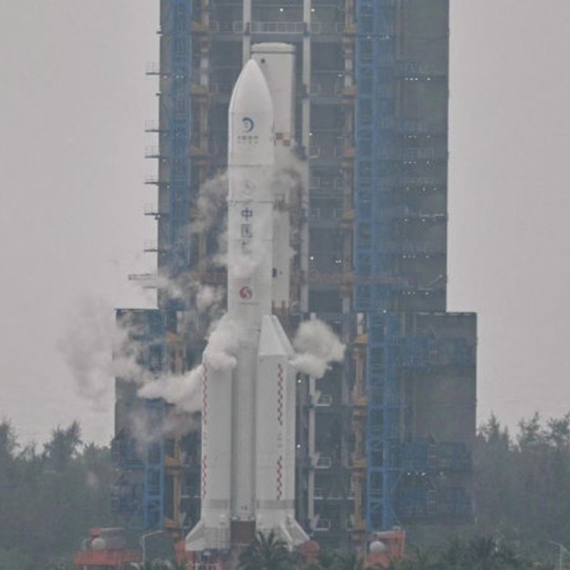
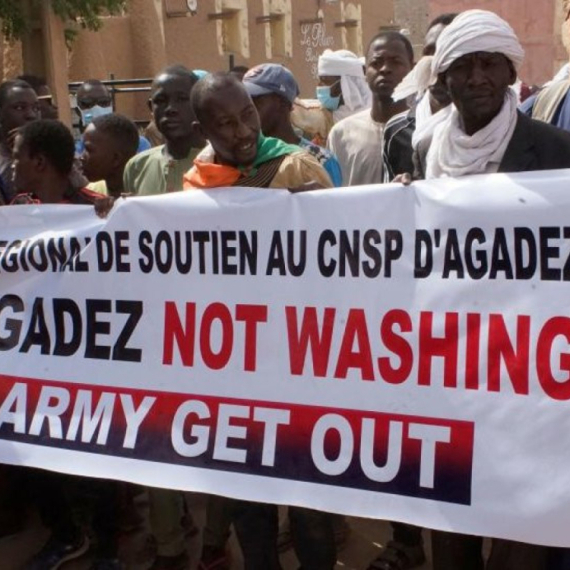
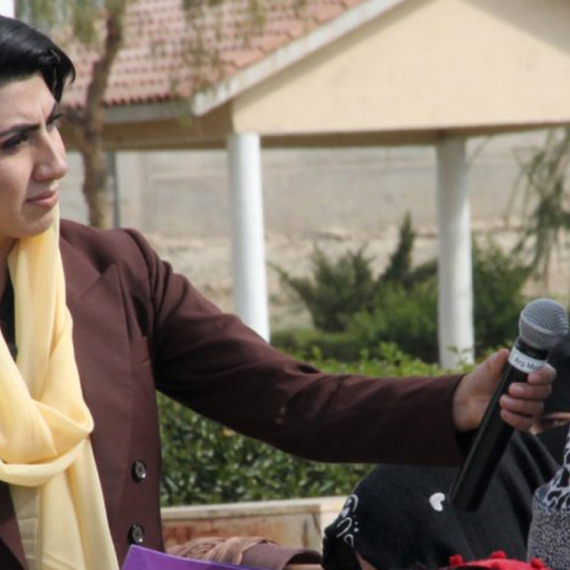

Komentari 4
Pogledaj komentare